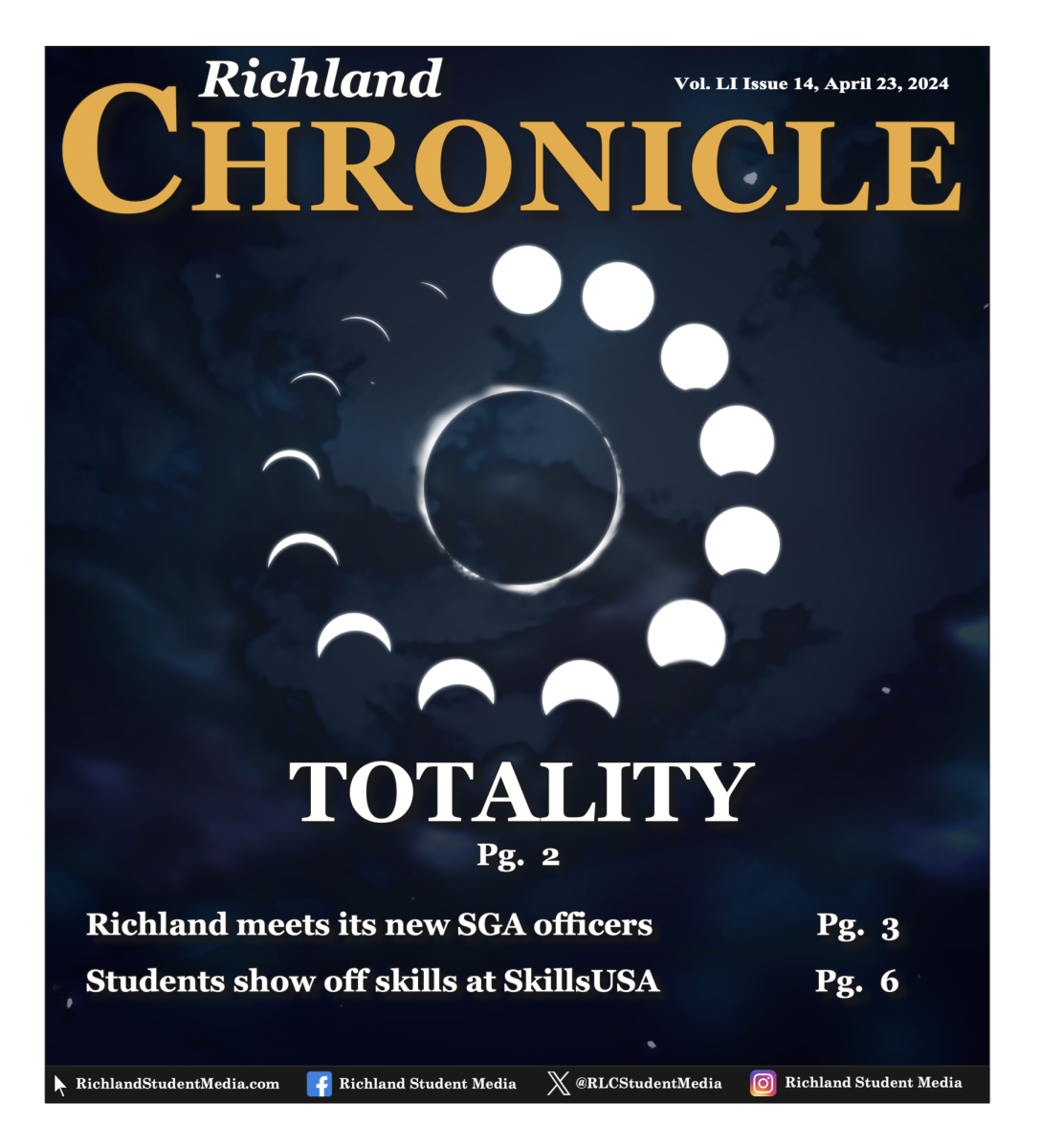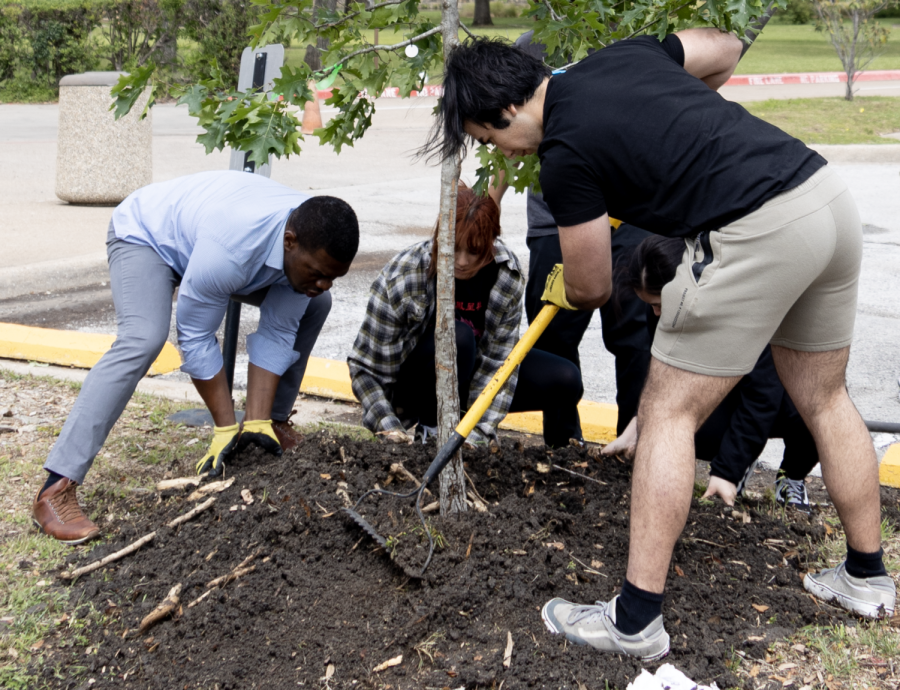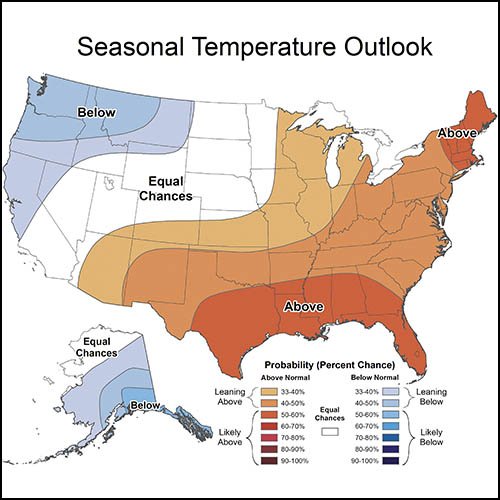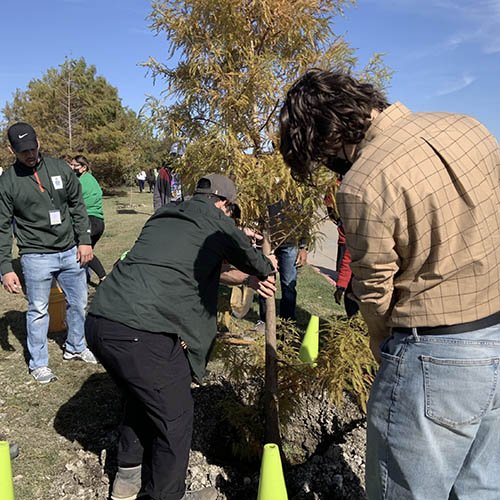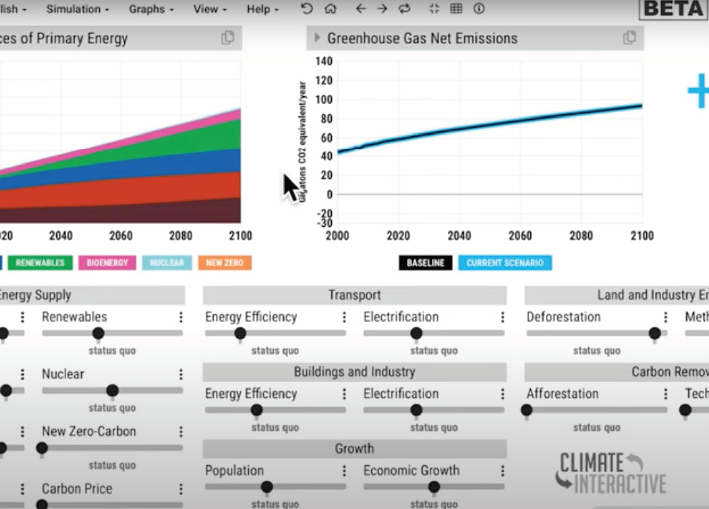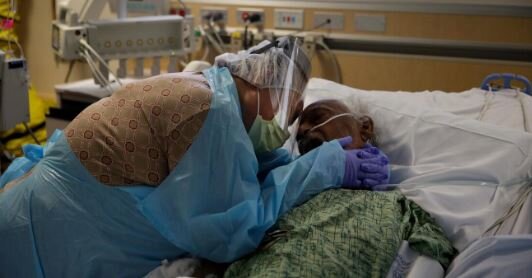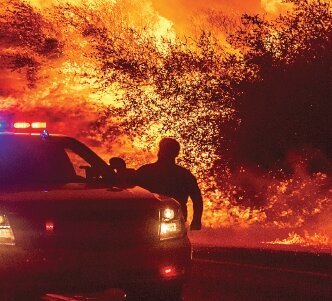“The scientific community around the world has been telling us for a long time that we must change and now Mother Nature is telling us too,” said Lori Delacruz Lewis, Dallas College’s sustainability coordinator. “This is the last generation that can do something.”
Lewis stressed to students during “Career Opportunities for Solving the Climate Crisis” WebEx conference on Oct. 13 that they can help combat climate change through a series of personal and career-oriented actions and by being aware of the adverse effects of climate change.
“The stakes have never been higher. We need a rigorous plan to draw down the carbon,” she said. “We don’t need a moonshot. We already have transformative solutions. We just need people to scale up the projects around the globe.”
Lewis looked to Paul Hawken for inspiration, a long-time sustainability expert and co-founder of Project Drawdown, “a nonprofit organization that seeks to help the world reach Drawdown – the future point in time when levels of greenhouse gases in the atmosphere stop climbing and start to steadily decline,” according to their website. Hawken challenged scientists and researchers worldwide to develop 100 “creative ideas that already exist” to reduce greenhouse gases in the atmosphere.
Ranking near the top of the Project Drawdown list of solutions is alternative refrigerants, which can drastically help reduce one’s carbon footprint.
“The number one thing that their scientists found that can reduce the CO2 in our atmosphere is refrigerant management. It is not exciting, it is not glamorous, but if we can get that managed, we can put a huge dent in extracting the carbon out of the atmosphere,” she said.
The list includes onshore wind turbines as another solution that could generate electricity at a utility scale. Wind turbines have already started to overtake the West Texas landscape. Roscoe Wind Farm is the largest onshore wind farm in the world.
“The economy is not going to suffer when we do these things. These are all opportunities for more jobs, cleaner jobs, more productive jobs and secure jobs that will help solve the climate crisis,” Lewis said.
Making lifestyle changes, such as adopting plant-rich diets, can also help draw down carbon usage. According to Lewis, reducing the demand on meat and dairy not only can improve one’s overall health, it can create more sustainable communities too. A decline in land clearing, fertilizer use, “burping cattle’’ and greenhouse gas emissions also contribute to favorable outcomes when adopting plant-rich diets.
Health and education also made the list of solutions.
“When levels of education rise, in particular for young girls and women, and access to reproductive health care improves, women’s political, social and economic empowerment expands, life gets better and you reduce CO2,” Lewis said.
STEM professions are typically associated with tackling climate change. Lewis, however, is corralling professionals in every field to contribute their ideas, stressing the vital role of individuals in spearheading positive, forward movement to address climate change.
“What we need to make sure our students understand is, if you’re not majoring in STEM, it’s not that you can’t make a difference. We need everybody to be in on this. We need the business people, marketing people and the writers to tell the stories and sell the visions,” she said.
Climate change can be seen as creating a domino effect that has an impact on multiple facets of the environment and the economy. It’s not just a rise in global temperatures.
Lewis cautions students to acknowledge that 19 of the hottest years have occurred since 2001, with 2016 being the hottest year ever recorded in history. Rising sea levels, shrinking ice sheets, record flooding and the western U.S. wildfires are among the adverse effects that she says are plaguing the environment at an alarming rate.
For more information about Project Drawdown, visit drawdown.org.


